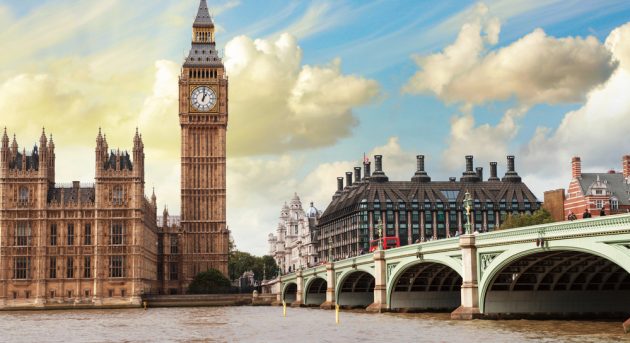The Impact of the Tourist Tax on London’s Visitor Economy
In a detailed analysis of recent tourism and spending trends in London, the New West End Company has unveiled data that underscores a growing concern within the tourism sector. Despite the resurgence of international tourists to pre-pandemic levels in the last quarter of the previous year, there has been a noticeable decline in their spending, fueling debates over the contentious ‘tourist tax.’
The figures are telling: visitor numbers to London in the final three months up to December matched those of the same period in 2019, yet there was a significant 15 percent drop in spending. This downturn in expenditure was even more pronounced over the entire year, with a 19 percent decrease compared to 2019, despite only a 4 percent shortfall in visitor numbers.
This discrepancy has intensified calls from various business sectors, particularly those represented by the New West End Company—a prominent lobby group advocating for the interests of businesses in central London—for the abolition of the tourist tax. This tax is viewed as a deterrent to spending among visitors, who are otherwise eager to engage with the city’s myriad offerings.
Dee Corsi, the Chief Executive of the New West End Company, articulated the impact of these findings, advocating for the reinstatement of tax-free shopping to incentivize tourist spending and, in turn, bolster the city’s economy. This suggestion comes at a crucial time as domestic spending tightens, highlighting the need for policies that encourage tourism-driven economic activity.
The notion of reviving tax-free shopping for overseas visitors, a scheme discontinued in 2020, has gained traction. Notably, Chancellor Jeremy Hunt has initiated a review by the Office for Budget Responsibility to weigh the scheme’s costs and benefits. This move signals a potential policy shift that could rejuvenate the retail and tourism sectors by making British businesses more competitive on the global stage.
Corsi’s optimism about the positive implications of reinstating tax-free shopping is backed by economic projections. The New West End Company estimates that eliminating the tourist tax could enhance Treasury revenues by at least £350 million annually, presenting a compelling case for its removal.
As the debate continues, the data presented by the New West End Company plays a crucial role in shaping the discourse on how best to support and grow London’s tourism economy. With the potential reintroduction of tax-free shopping for overseas visitors on the horizon, stakeholders are keenly watching for developments that could redefine the city’s appeal to international tourists.
Photo Credit: DepositPhotos.com



